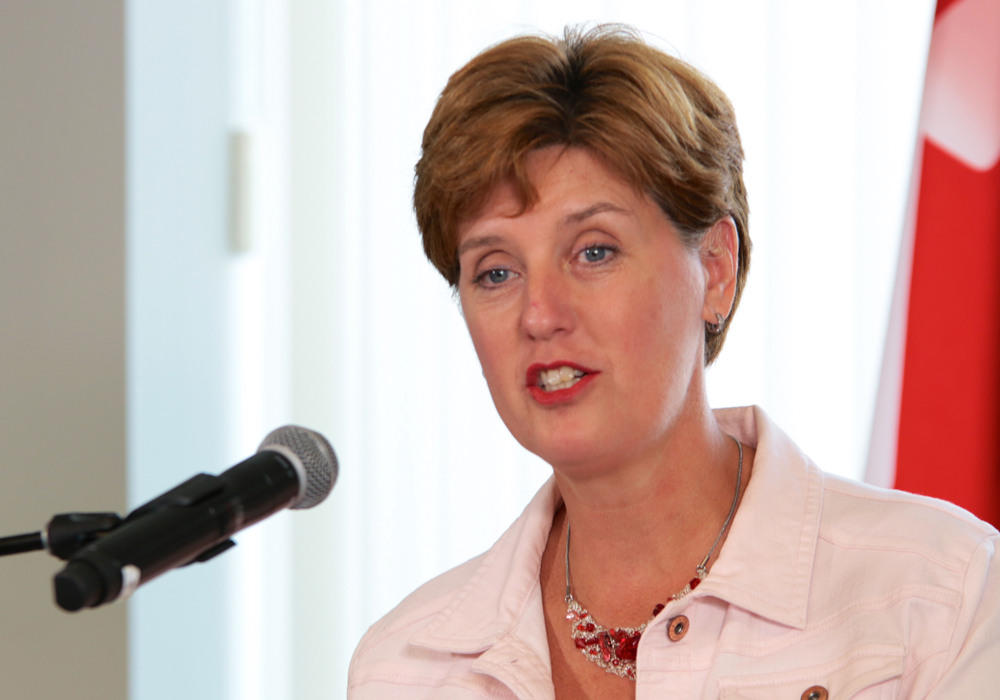It was an awkward back and forth when I asked Minister of Agriculture Marie-Claude Bibeau if she was committed to implementing one of the two options for seed royalty rates her Liberal government had put forward.
Producers know Agriculture Canada began work in 2018 on exploring changes to the seed royalty regime. Either end-point royalties would be collected on all commercial sales of royalty-eligible seed varieties, or trailing-royalty contracts allowing farmers to replant farm-saved seed for a pre-determined fee would be put in place.
Provincial agriculture groups conducted surveys suggesting there was little appetite for either option.
Read Also

Proactive approach best bet with looming catastrophes
The Pan-Canadian Action Plan on African swine fever has been developed to avoid the worst case scenario — a total loss ofmarket access.
Federal officials were made aware of those results, which are public.
In fact, a contingent of the Agriculture Producers Association of Saskatchewan met in late February 2018 with then-Minister of Agriculture Lawrence MacAulay to discuss the results. They explained the push back to the two options.
A few days later, he was shuffled out of the position and replaced by Bibeau.
The issue had been at a bit of a standstill ever since plans for a federally led online consultation scheduled for the spring of 2019 were halted.
I wanted to know more about where the person ultimately responsible for all of this — Bibeau — stood on the issue, so I recently asked her if she was committed to implementing one of the two options previously presented by her office.
She had no idea what I was talking about.
At first there was some thinking it was a translation issue, which would be understandable and entirely forgivable for the Quebecoise minister. However, following an explanation of what the two options were, Bibeau was still not sure of what I was asking about.
“I’m not familiar, but I can get back to you,” she said.
This was surprising.
Granted, it is not one of the highest priorities or most talked about issues in the agriculture world, but the decision the minister makes, especially if it is between one of the two options currently being put forward by her government, will cost producers money.
Stakeholders have continued to raise the issue with Bibeau and other government officials, and will likely continue ahead of and following the release of a long-awaited economic analysis from Agriculture Canada officials on the matter, expected to take place next month.
Officials within Agriculture Canada had previously told me they were “listening to stakeholders” to determine “next steps.”
That could very much be the case. It is clear from the conversations I’ve had that department officials within Bibeau’s office are aware of the issue, well-versed in the response from producers thus far and are capable of offering an evaluation of the best next steps.
This offers some comfort: the people behind the curtain know what is going on.
Some degree of a mulligan could be offered to Bibeau because of her relative lack of experience in the file, but March will mark one year since her appointment in 2019.
Bibeau’s grace period of being new to the file has ended and she should be prepared to answer questions on a wide variety of topics related to agriculture policy her government is proposing.
D.C. Fraser is Glacier Farm Media’s Ottawa correspondent. Reach out to him by emailing dfraser@farmmedia.com.


















